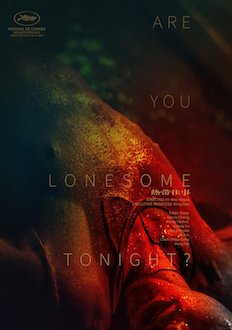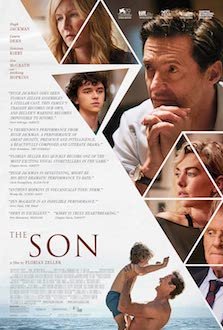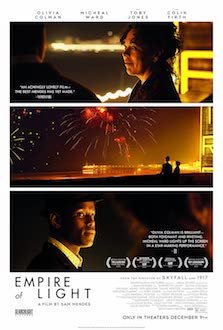Direction: Oliver Hermanus
Country: UK
Living is an impeccable period drama handled by South African director Oliver Hermanus who, after the well-accepted Moffie (2019), brings us a re-reading of Akira Kurosawa's 1952 masterpiece Ikiru, which he transposes to the post-war London of the same period.
In the first minutes, especially if you don’t have a reference of the original film, you might be inclined to think that the protagonist is Peter Wakeling (Alex Sharp), a young newcomer who joins his bureaucratic peers at the London County Council for his first day at work. But soon, we realize that the man to follow is his boss, Mr. Rodney Williams (Bill Nighy), a stiff, bored widower who does his job quietly without paying attention to the ones around him. His life suddenly changes when he is diagnosed with a terminal cancer. From then on, unable to get the attention of his own family, this lifeless man decides to shirk work in order to live what he had never lived before. He confides in two persons: an insomniac bohemian writer (Tom Burke), who takes him partying, and Miss Harris (Aimee Lou Wood), a cheery former employee.
Living is both inspired and inspiring. It’s also risky as it steps on classic territory. Yet, the core of the film is completely soluble in the contemporary with the exception of the piles of paperwork, which no longer apply to our technological era.
Although this reflection works as a stinging satire of the bureaucratic mind-set of that time, the film’s best quality remains its emotional honesty. With an appropriate mise en scène and technicolor photography giving it a deliciously old-fashioned charm, Living is a tastefully poignant story of deep human emotion wrapped up in a retro British wall covering. It’s sad, but in its awakening consciousness, it reminds us all that it’s never too late to embrace life.








































